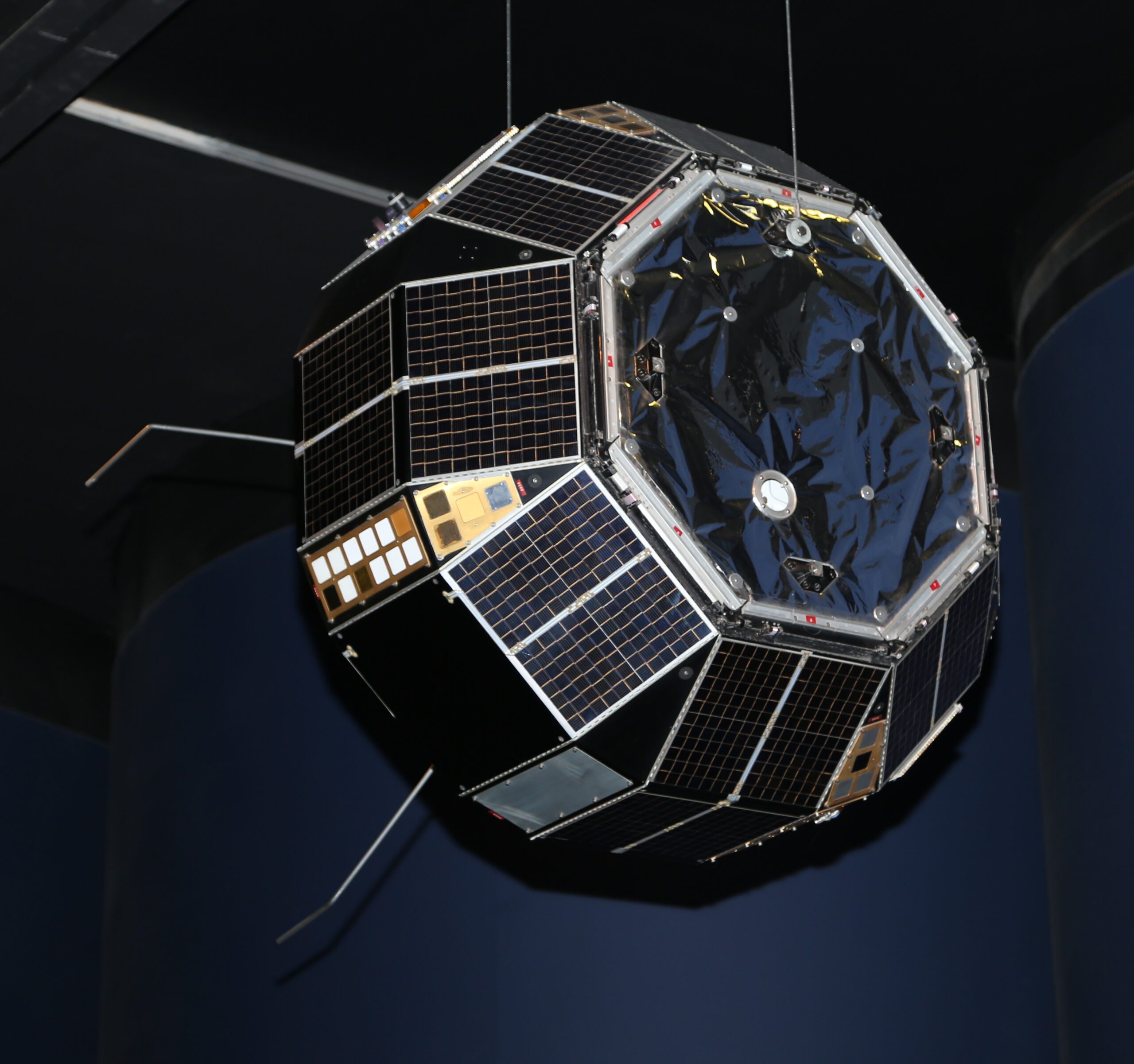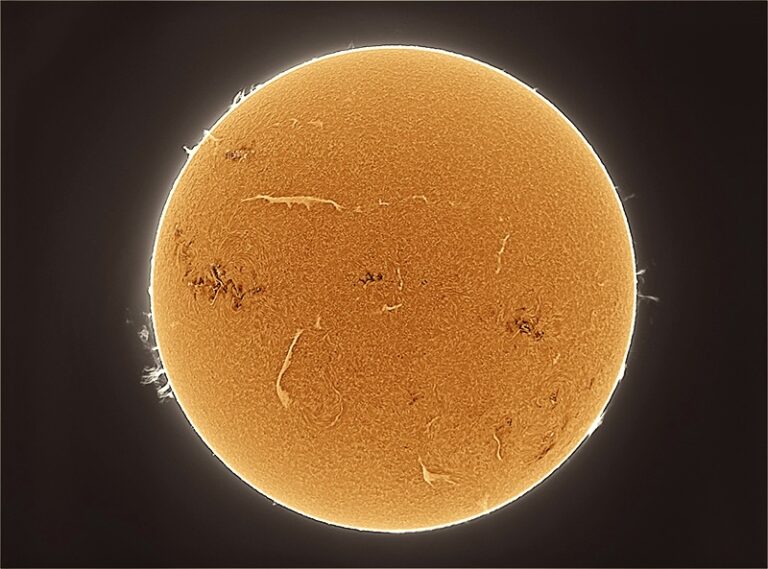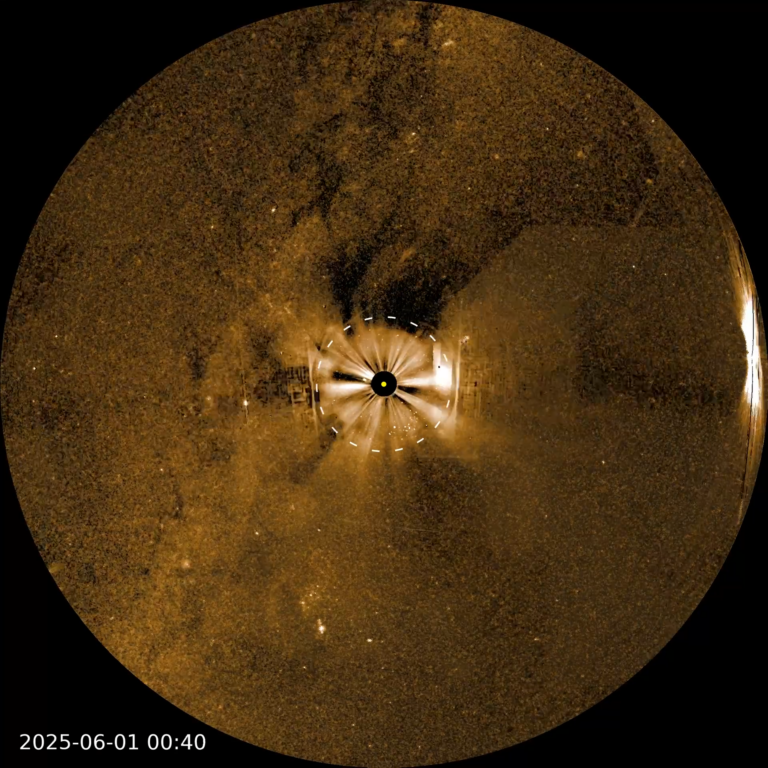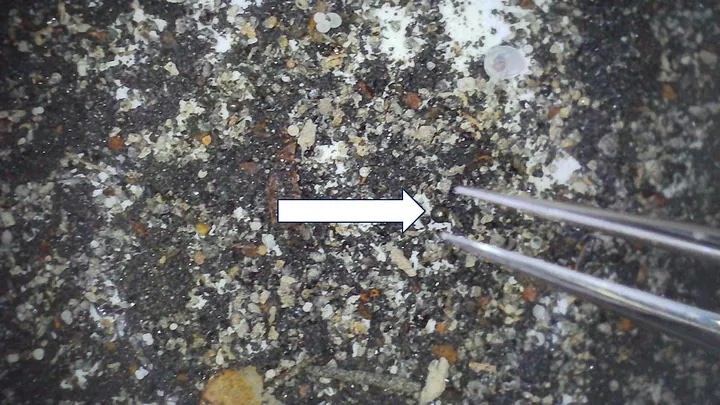
Key Takeaways:
- The Prospero satellite, launched on October 28, 1971, holds the distinction of being the United Kingdom's only satellite propelled into orbit by a domestically developed Black Arrow rocket.
- Originally named Puck and intended for communication and solar panel testing, its launch proceeded despite the Black Arrow program's cancellation earlier that year.
- During orbital insertion, a collision occurred between the final rocket stage and the satellite, resulting in damage to one of Prospero's four radio antennas.
- Officially decommissioned in 1996, Prospero was reportedly still detectable by radio enthusiasts as late as 2004, with the United Kingdom later becoming a founding member of the European Space Agency in 1975.
The Prospero satellite, which launched on Oct. 28, 1971, holds the distinction of being the first and only British satellite to be launched by a British rocket. (The first British satellite launched by any rocket had been Ariel 1, carried to space on a U.S. rocket in 1962.) British engineers developed the Black Arrow carrier rocket throughout the 1960s for the Ministry of Defence, and the satellite, originally named Puck, was intended for communication and solar panel testing. When the Black Arrow program was canceled in July 1971 after one successful launch and two failures, the rocket had already been sent to its Woomera, Australia, launchpad. The U.K. decided to go ahead with the launch, and the satellite was rechristened Prospero. It launched successfully, although the final-stage rocket collided with the satellite and damaged one of its four radio antennas. Prospero was officially deactivated in 1996, though radio enthusiasts reported hearing it as late as 2004. In 1975, the U.K. was a founding member of the European Space Agency.









